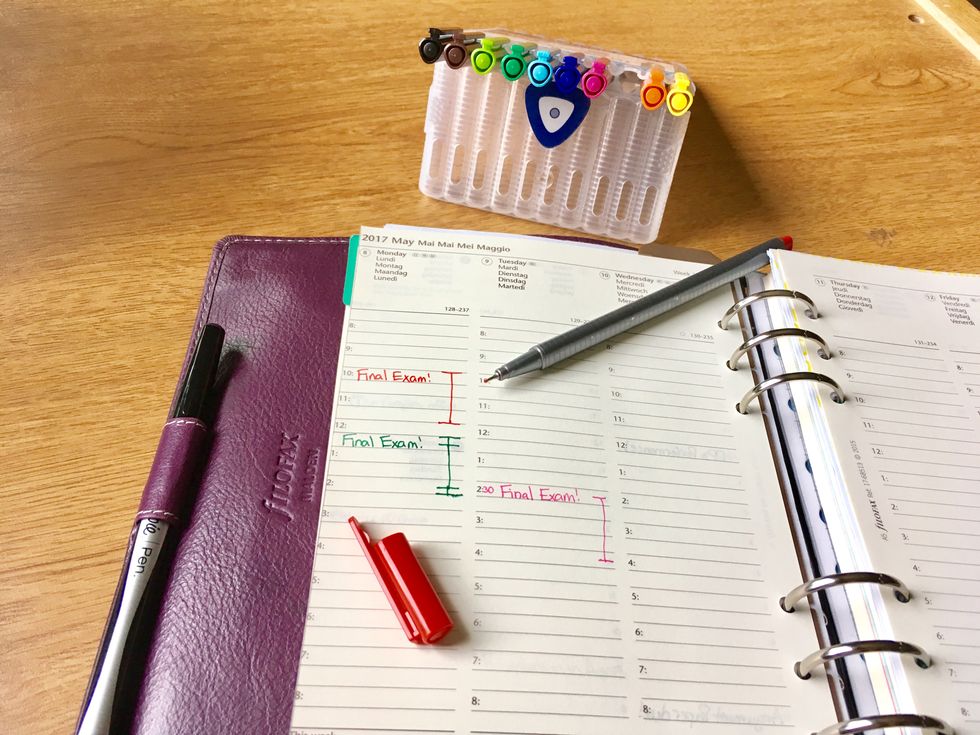Procrastination.
We've all heard that dirty word, and I'd think it's safe to assume that we have all fallen victim to its grimy hands at some point in our lives. Why is procrastination so bad? Well, let's begin with another nasty word: stagnation.
Stagnation. Noun. "the state or condition of stagnating, or having stopped, as by ceasing to run or flow; a foulness or staleness, as one emanating from a standing pool of water; a failure to develop, progress, or advance" (Dictionary.com).
Traditionally the idea of stagnation has been associated with death. Take Franz Kafka's "The Metamorphosis" for example. The main character, Gregor, is turned into a giant cockroach, and he continues to survive until he stops moving around his room. Kafka writes, "He soon made the discovery that he could no longer move at all... He remained in [a] state of empty and peaceful reflection until the tower clock struck three o’clock in the morning. From the window he witnessed the beginning of the general dawning outside. Then without willing it, his head sank all the way down, and from his nostrils flowed out weakly out his last breath." So why is stagnation important to avoid? Because stagnation leads to death. This is not to say that you will just die if you stop moving, but I am referring to your life.
If you get up each day and do the exact same thing you did the day before that and the day before that day (and so on), what are you getting out of life? If you're not growing and learning and flourishing, what's the point?
Have you ever watched a small child for a day or two? Kids are learning every second, filling their heads with every interesting fact about the world they live in that they can get their hands on. Do you remember being like that? I do. But what happens to that spirit of learning as we grow up? It sinks deeper and deeper within our minds, being buried under the activities and thoughts of day-to-day life. With each year of adult life that passes, that spirit becomes harder and harder to uncover.
Instead of procrastinating our assignments as college students, we could do a little each day. If you have a paper due: form an idea and brainstorm one day, outline the next, then work on one topic per day after that. Use a planner. Use Google calendar. Use whatever you need to use to get your work spread out so you can actually learn something from it instead of just throwing together a paper in two hours and forgetting everything immediately after hitting the submit button. Learn from your assignments.
Splitting school work up into a little each day creates more time for you to go explore the world like kids do. Go to a museum, on a walk, run or hike. Read a book about something you know nothing about. Talk to people about their lives. Learn. There is so much in the world for us to explore, and getting caught in a stagnant state is one way to let it all pass by.



















